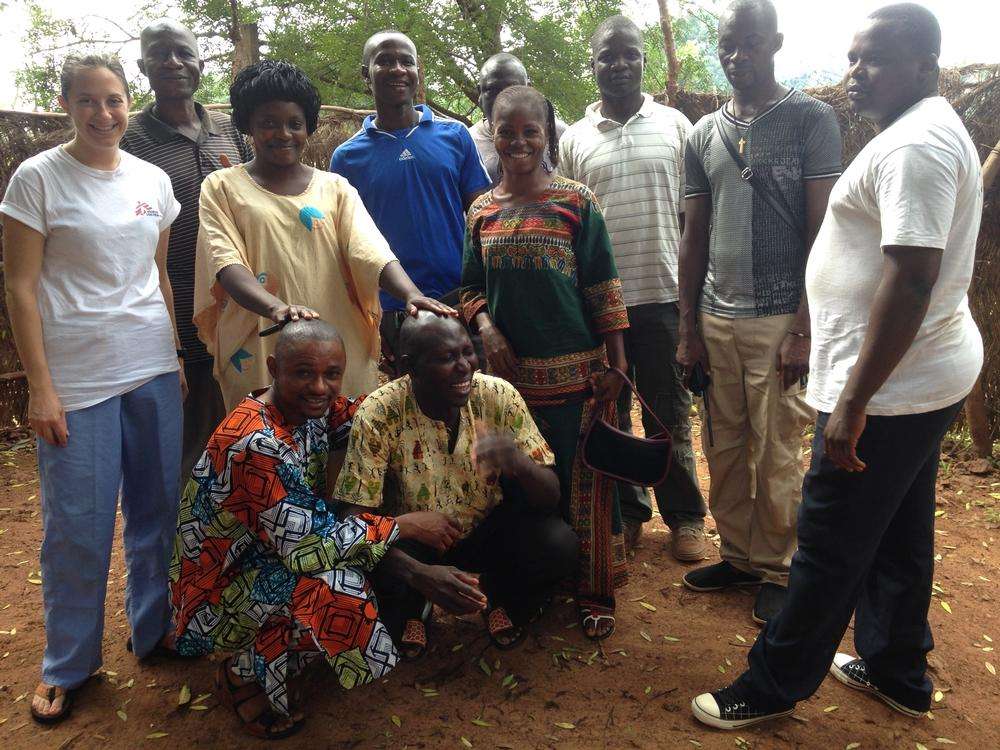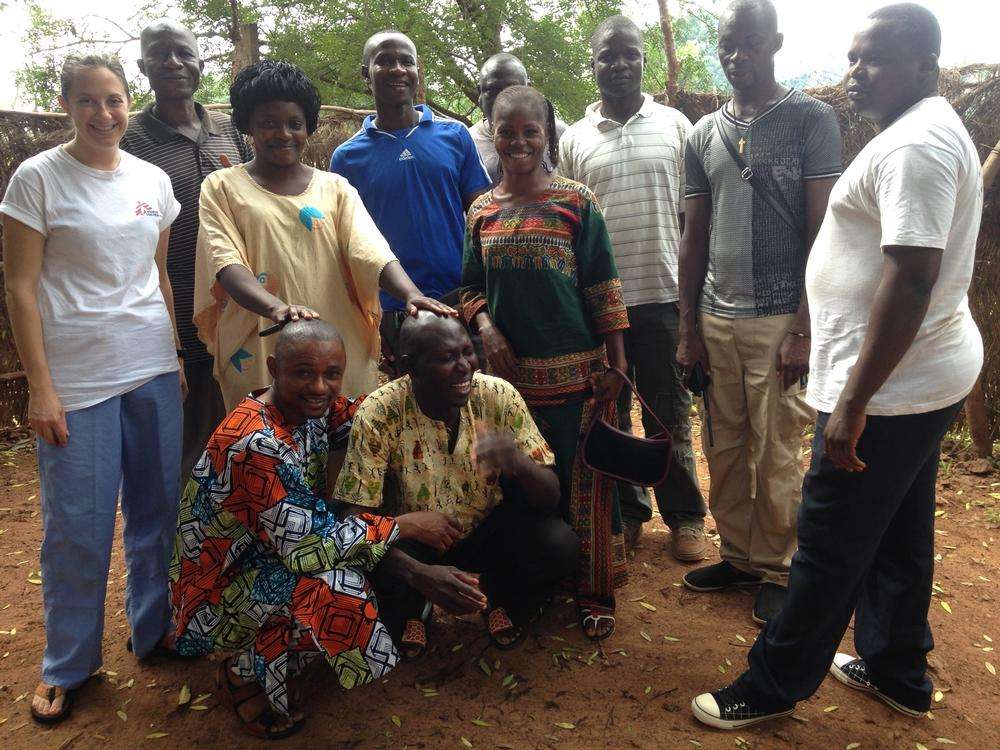MSF first provided free medical care in Central African Republic (CAR) in 1997, at a time when mortality rates in some regions were up to five times the emergency threshold. In the years since, CAR has continued to face a situation of chronic and prolonged health emergency. Since 2013, the political crisis and renewed violence have shaken the country, exacerbating the health situation, and leaving 72 percent of the country’s health facilities damaged or destroyed. In response to the recent crisis, Doctors Without Borders/Médecins Sans Frontières (MSF) has doubled the size of its medical response, running 17 projects across the country. Currently, one in five Central Africans are displaced from their homes, either within CAR or living as refugees in neighboring countries.
MSF in Zémio
In 2010, MSF opened a project in Zémio—a town with a population of around 17,000, situated in the far southeast of the country. The project began in response to a large influx of Congolese refugees, and internally displaced Central Africans who were forced from their homes by repeated attacks from the Lord’s Resistance Army (LRA). Most of the refugees integrated into the Zémio community, putting pressure on the local health system. As a result, MSF has partnered with the local Ministry of Health (MoH) to support a 30-bed health center, with inpatient, outpatient, maternity, laboratory, and HIV/TB services. MSF also runs an outreach program supporting two satellite health posts, and malaria points in nearby communities. In addition, the HIV program has admitted more than 1,400 patients since it began in 2011. The Zémio Health Center remains one of the only secondary health care facilities in this rural region and receives patients from as far as 155 miles away.
Treating HIV in CAR
Only 18 percent of the people living with HIV in CAR are on antiretroviral treatment. In MSF-supported facilities around the country—including prefectures with the highest HIV prevalence—some 4,813 patients are on antiretrovirals, about 19 percent of the national cohort. MSF diagnoses, treats and offers adherence support to HIV patients free of charge. However, the provision of HIV services in CAR is challenging, with recurrent bouts of violence further compounding an already fragile health system.
Read Patient Stories in Their Own Words
HIV in CAR: "Life is Always a Struggle, but There are Moments of Happiness"
CAR: "We Need People to Understand What it’s Like to Live with HIV"





